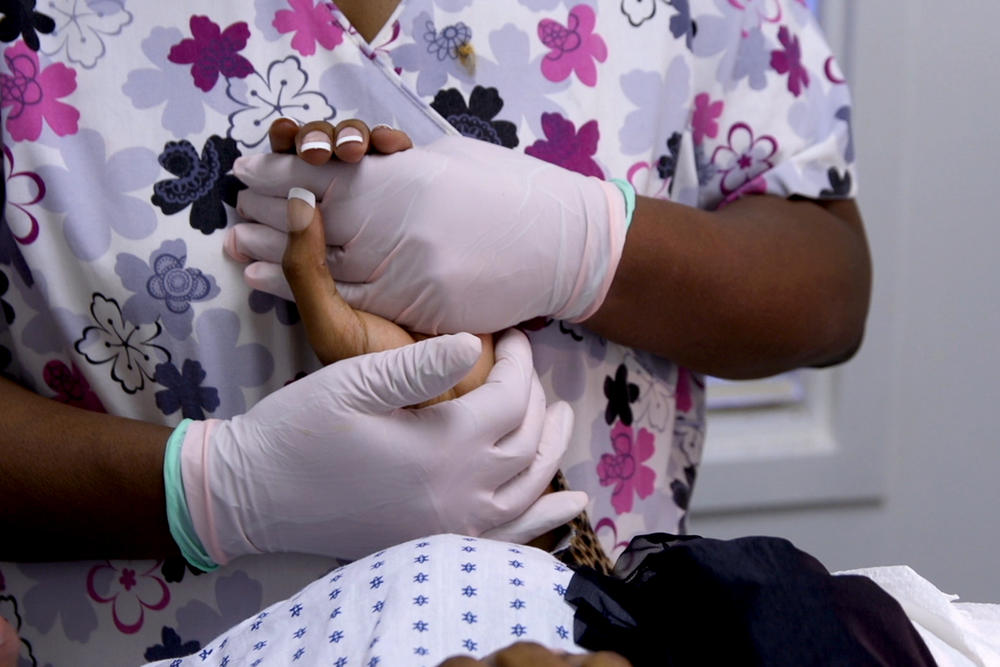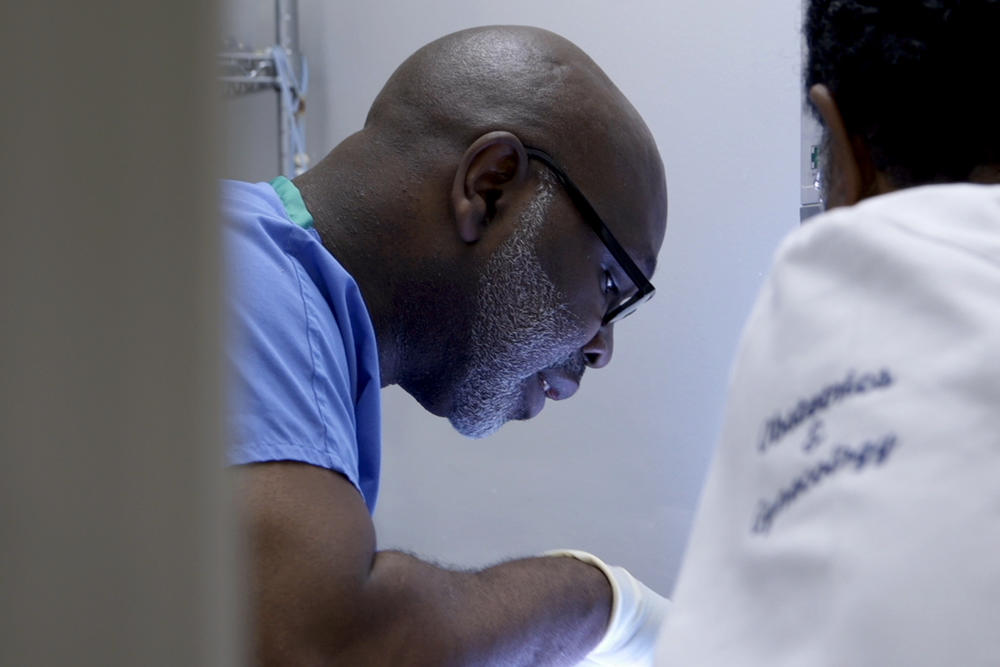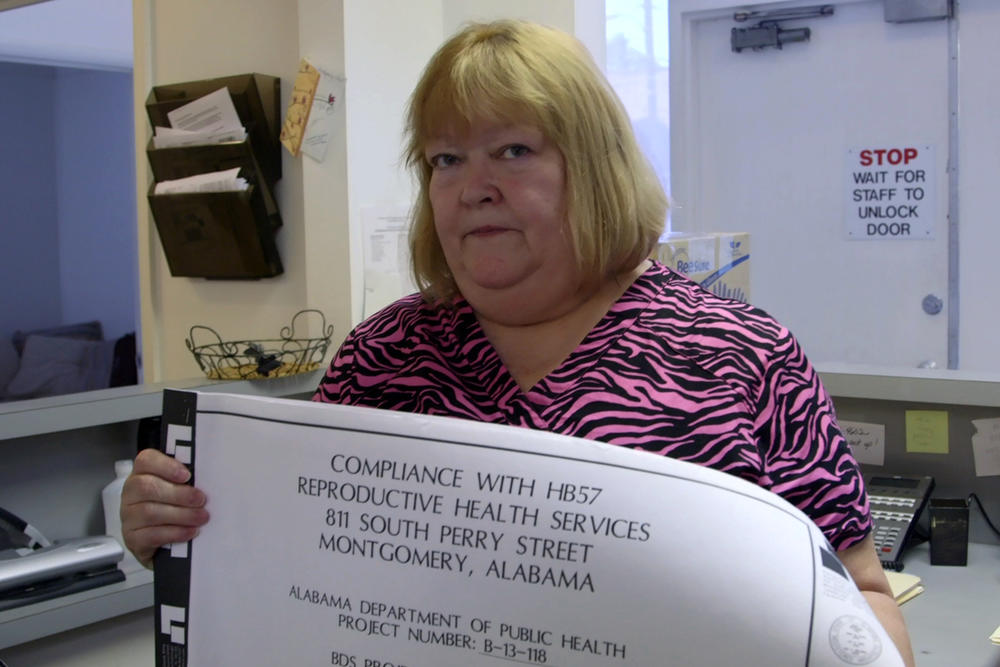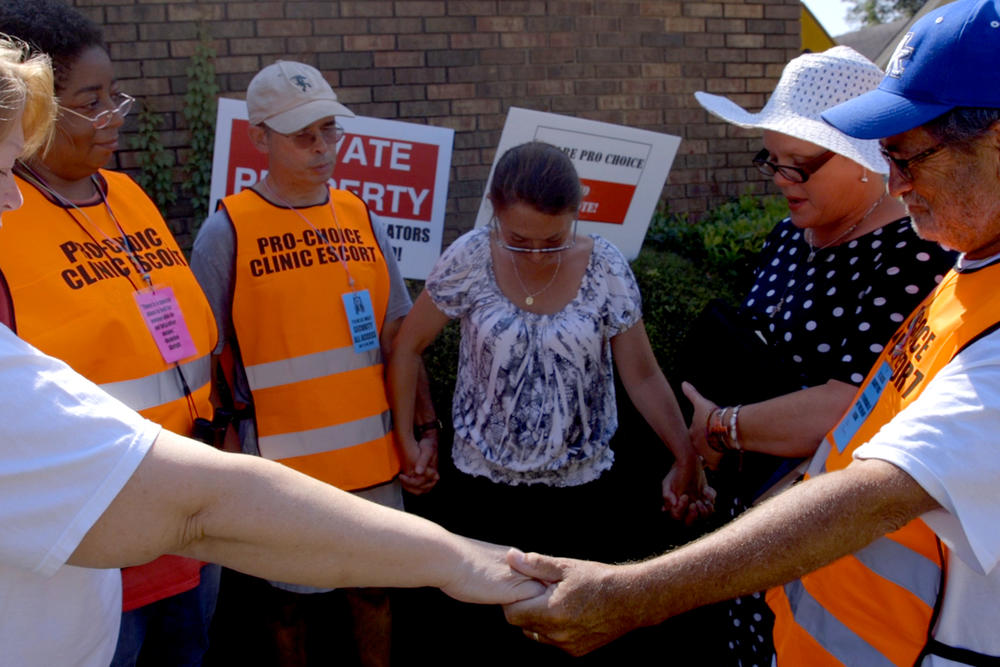Section Branding
Header Content
'Trapped,' A Film About Abortion Restrictions in the South
Primary Content
A case before the Supreme Court will determine whether a controversial Texas law places an undue burden on women who seek an abortion. Hundreds of these laws have been passed across the country. They're known collectively as "TRAP" laws, which stands for Targeted Regulations of Abortion Providers. A new documentary called “Trapped” is now playing at the Midtown Art Cinema in Atlanta and looks at how these laws have made it harder for abortion clinics in the South to keep their doors open.
"The purpose of the bill is not to regulate us. It is to regulate us out of business. The function is a trap," said Montgomery's Reproductive Health Services owner June Ayers in 'Trapped'
We speak with the film’s director Dawn Porter and former NPR correspondent Kathy Lohr about the history of TRAP laws and what the Supreme Court decision could possibly mean for them.






